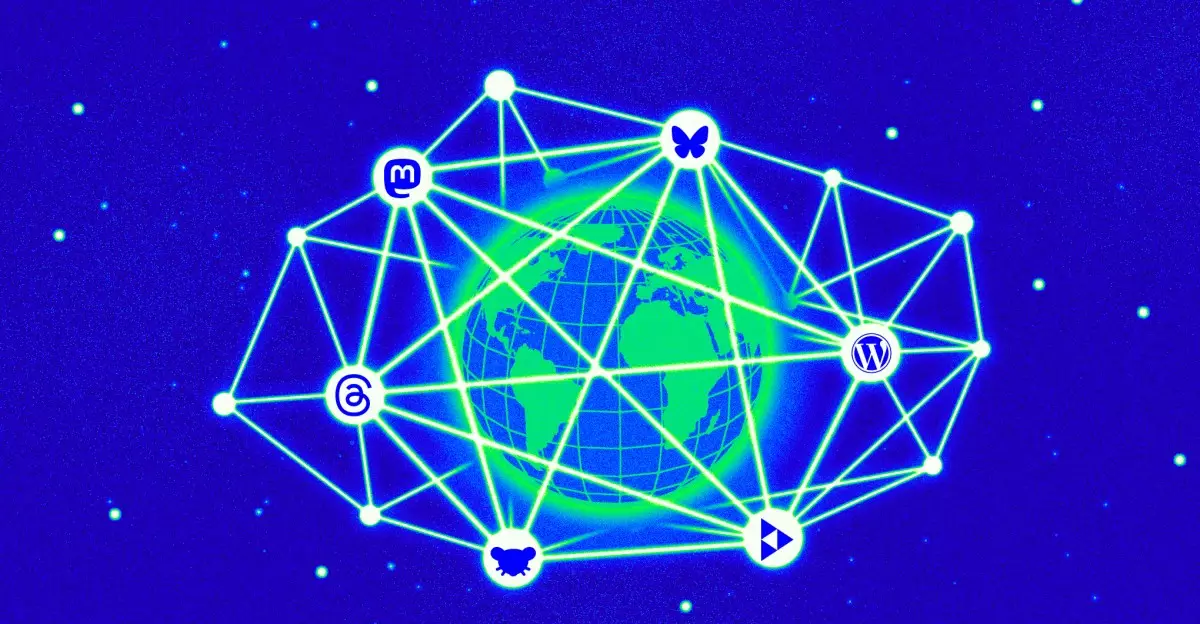In the rapidly evolving landscape of the internet, there’s an increasing need for digital platforms that empower users to cultivate their own online communities. Bonfire Social emerges as a robust answer to this demand, with its launch of version 1.0 at FediForum capturing the interest of many. The application promises to provide a vibrant framework that encourages users to take charge of their social interactions in a way that resonates with their own governance styles and community needs.
Bonfire Social is not merely a platform; it’s a versatile ecosystem aimed at enhancing the way communities flourish online. This innovative tool offers a pre-configured bundle of extensions that equip users with features like custom feeds, enriching profile options, threaded discussions, and seamless post-sharing capabilities. Each community can essentially carve out its unique identity within this expansive digital playground. This level of customization makes Bonfire Social a compelling option for organizations and private groups looking to create meaningful interaction amongst their members.
Moreover, the developers are ambitiously working on various other iterations of the platform, like Bonfire Community, which is designed explicitly for closed groups, and Open Science, tailored for collaboration among academic circles. By federating with established networks such as Mastodon, Peertube, and Mobilizon, Bonfire Social integrates smoothly into the existing fediverse, enabling a diverse range of social experiences. Users are invited to explore the platform now or attend a demo, emphasizing the commitment of the developers to making accessible a space where communities can thrive.
Curation Meets Customization: The Rise of Channel.org
In parallel to Bonfire Social, Channel.org represents an essential stride towards personalized content curation in the decentralized web. By allowing users to filter content according to their preferences—tracking specific hashtags or following users, all while maintaining a clean, hate-free feed—the platform stands as a beacon for those overwhelmed by digital noise. Users can even build channels that other individuals can follow across a variety of services, such as Bluesky and RSS, reinforcing the idea that social media should cater to individual interests and needs.
What’s especially noteworthy about Channel.org is its foundation on a customized Mastodon server created by the Newsmast Foundation. This structure not only ensures stability but also embodies the spirit of community-driven initiatives within the fediverse. While currently operating in an invite-only beta stage, the anticipation around Channel.org harks back to a fundamental tenet of the internet: that user empowerment and autonomy can drive transformative social experiences. The option for users to create ultra-curated feeds marks a significant pivot away from algorithm-driven content delivery dominated by market motives.
Transcending Boundaries: The Bounce Application
As competition intensifies among social media applications, Bounce provides a seamless solution for users attempting to bridge their presence across platforms. Designed to facilitate the migration of a Bluesky account to Mastodon without sacrificing followers, Bounce addresses a common pain point for social media users—maintaining their audiences amidst evolving preferences for alternative platforms. This intuitive application, developed by A New Social, leverages the Bridgy Fed tool, ensuring that the migration process remains as smooth and frictionless as possible.
The introduction of Bounce underscores a critical trend of interoperability among decentralized social networks, allowing users to transcend boundaries that have traditionally divided platforms. This bridging of communities echoes the broader movement towards decentralization, encouraging free expression and fostering collaboration across different online spaces. Bounce, by focusing on user-centric solutions, is set to influence how social media users navigate their digital presence.
A Transformative Era for the Open Web
As Bonfire Social, Channel.org, and Bounce emerge from the creative environments of discussions like FediForum, they collectively illustrate a vital shift towards user-generated governance and content personalization on the open web. Each platform embodies the potential for innovation in user engagement, and their distinct approaches signify a broader cultural transition in social media. As these tools evolve and mature, it becomes increasingly likely that the future of social interaction online will be defined by communities that prioritize autonomy, inclusivity, and meaningful relationships over mere connectivity. The expansion of such decentralized platforms is not merely a technical advancement; it’s a philosophical one, championing user experience over corporate interests, thus suggesting a more empowered and vibrant internet landscape ahead.

